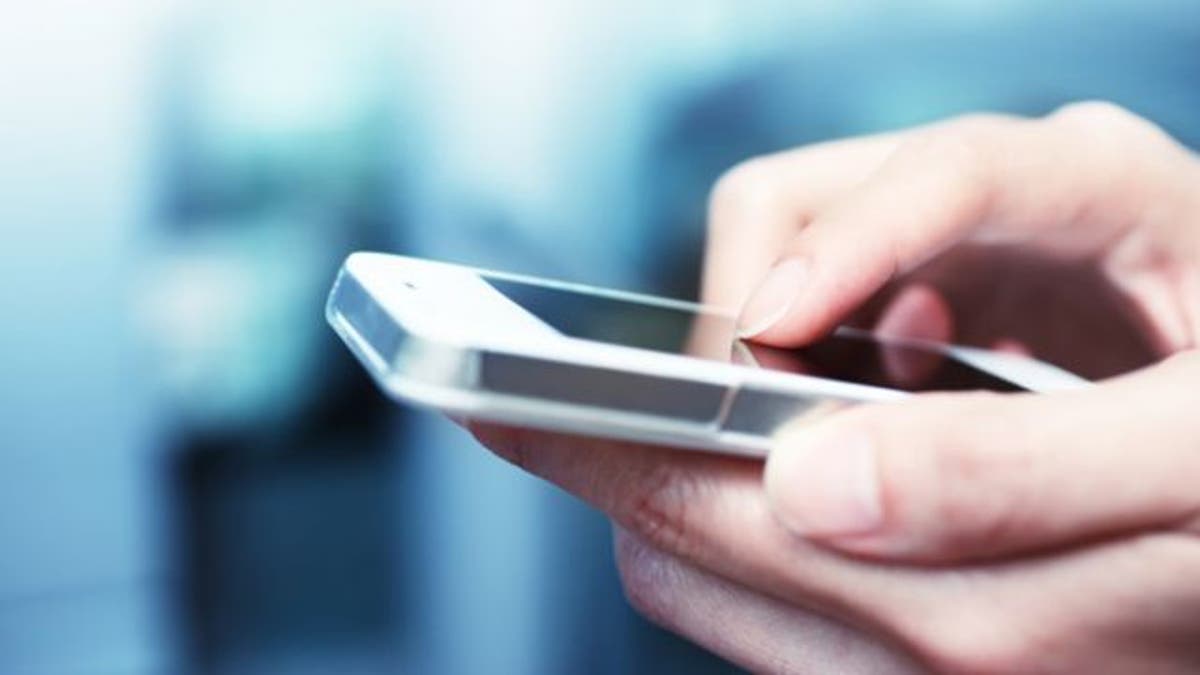
Data from your smartphone sensors tracking phone usage and geographical locations may be able to detect depression, revealed a study published Wednesday in the Journal of Medical Internet Research.
Study participants who were depressed used their phones for an average of 68 minutes a day, compared to 17 minutes for non-depressed individuals. Spending more time at home and in fewer locations was also linked to depression.
According to phone sensor data, researchers identified individuals with depressive symptoms with 87 percent accuracy.
Researchers used GPS tracking and phone data to study a group of 28 individuals with an average age of 29 over two weeks. At the beginning of the study, the 20 female and eight male participants took a widely used standardized questionnaire measuring depression, the PHQ-9. Within the group, 14 participants did not have any signs of depression, and the remaining half had symptoms ranging from mild to severe depression.
Typically, smartphone applications for mental health treatment are essentially feedback tools, requiring users to enter information, said senior author David Mohr, director of the Center for Behavioral Intervention Technologies at Northwestern University Feinberg School of Medicine. The team proposed using a phone’s existing sensors to detect symptoms to potentially lead to timelier, more effective care.
“People get tired very quickly of entering information in [apps],” Mohr told FoxNews.com. “There are so many sensors available in smartphones; harnessing them could passively detect the state we’re interested in.”
The team used 12 variables like GPS and phone usage data, and correlated algorithms with the participants’ PHQ-9 test results. They found that a number of them significantly corresponded with depression.
“One of the most significant variables was actually how subjects spent time in different locations they were visiting— spending most of their time in still locations or spreading time across different locations,” lead author Sohrob Saeb, a postdoctoral fellow and computer scientist in preventive medicine at Feinberg told FoxNews.com. “It was very much related to depression; people with higher depressive symptoms seemed to spend most of the time in very few locations.”
Another variable was how much a participant’s schedule varied from day to day. The study found that those who had a less regular schedule— leaving home for work at different times, for example— were more likely to be depressed.
The cellphone data findings correspond with previous findings on depression, Mohr said. Those with mental health problems generally see disruptions in their circadian rhythm, which changes their sleep habits, daily routine and eating habits. The frequent use of phones may be indicative of the need to distract and take focus off of one’s emotional pain, or avoiding uncomfortable situations. Plus, when people are depressed, they are less engaged in life, which researchers saw as study participants spending more of their time in fewer locations.
The phone usage data didn’t identify how participants used their phones, but researchers hope a larger study and new algorithms can detect phone use in more detail to gain a more refined picture of the type of activity that might be related to depression.
“We suspect that with a finer-grain understanding of behavior on phones, we will get stronger predictions,” Mohr said.
Along with the passive phone monitoring, participants were asked about their mood several times a day during the study period. Researchers noted that their responses were not significantly related to individuals’ level of depression.
“I think one of the things that is most important about this is that, I think for the first time, we’re measuring actual behavior,” Mohr said. “Depression and mental health in general is diagnosed and evaluated largely based on a person’s self-report … filtered through their own perceptions. So for the first time we actually have objective behavioral markers that are related to depression.”
Researchers believe this passive detection through smartphone sensor data could have multiple public health benefits. Only 30 percent of people with depression are treated, and it takes an estimated eight years, on average, for some to get treated, therefore timely treatment is important— especially because depression carries a large disease burden, Mohr said. For patients already in treatment, a smartphone tool could help providers reinforce positive behavior. The tool could also serve to offer support for depression management.
Moving forward, researchers plan to run their next study over a longer period of time and will enroll 120 participants.
Researchers addressed the “creep factor” that comes with collecting data from smartphones and noted that, with the eventual deployment of these kinds of tools in a clinical setting, algorithms can be used to avoid specific identifying information.
“For example, if somebody is going out and engaged in activities like going to a restaurant or movie theater, it doesn’t necessarily have to say that’s exactly what they’re doing or the location. [The tool] can say the person is engaged in activities related to entertainment,” Mohr said.
“A lot of companies are using these kinds of data for marketing purposes,” he added. “We’re trying to use them to improve the quality of people’s lives.”
